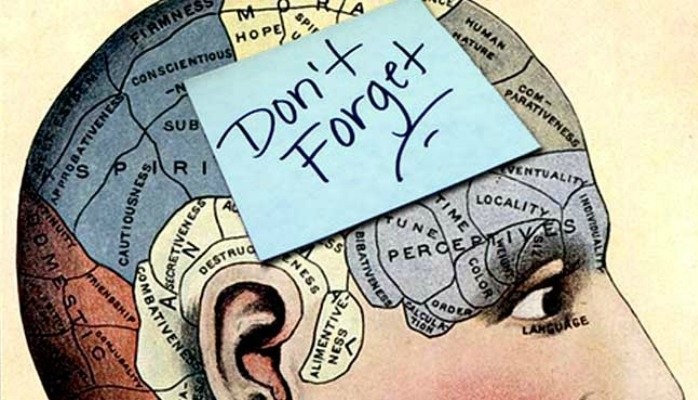
Physio and PT Marketing They Won't Forget
When communicating with potential customers for the first time it can be easy to bombard them with too much information they’ll only forget. The solution is to simplify your message to convey your offering clearly and memorably.
A basic understanding of memory and recall can offer a huge boost to your marketing strategy.
Long-term vs short-term memory
Talking about your favourite topics is easy because you’ve spent years obsessing over them and can instantly call up the details needed from your long-term memory. But for somebody who is hearing something for the first time the challenge is to commit the most important parts of the message to their short-term memory.
The 7-9 word limit
Short-term memory has very limited capacity, so on average people can only remember seven to nine words at a time. Furthermore this storage is very fragile, which means that the information can quickly become lost due to distraction or the passage of time. This means that the way we take in information and encode it to our memory strongly affects how much we remember of it.
If the message hitting our short term memory is short we’re more likely to remember it. Ditto if it’s linked to something we’re already familiar with or it is incredibly novel.
So if someone is trying to get their head around the gist of what your business does, the name, and the location, this can already be stretching the limits of short-term memory. This is why people sometimes glaze over when you reach the point of telling them your website address, especially if you’re talking over the phone or have a complicated name that you need to explain phonetically.
Get shorty
Internet Psychologist Graham Jones has been at the forefront of the way our brains interface with the web for nearly 20 years. Graham says,
"If you are going to use your website address in ‘word of mouth’ situations you need a short and memorable domain name".
The benefits stretch beyond word-of-mouth and into the media.
“Short names help when it comes to public relations,” says Graham. “Newspapers will not print long domain names as they break up over narrow columns.”
Capitalising on memory
When people are thinking of looking up your website, it means they’re already on the way to becoming your customer. They’ve likely already imprinted your name and location into their memory. It’s easy to help them out here; just combine these into a domain name using a new Top-Level Domain (TLD) like .physio.
In many cases a domain names like www.yournamephysio.com and www.yournamept.com may not be available, so many people think that they’re forced to choose long, unwieldy domain names and add in additional words to find one they can register. With .physio you can drop the .com and move the dot to the left, so www.yourname.physio.
Your short, punchy new name will be easy to remember, and will reinforce both the name and location of your business to provide greater meaning to your domain name.
Register your domain name now at www.dot.physio
Article originally published at What’s in a name? How memory recall is improved with new Top-Level Domains available at http://live.melbourne/media-release/whats-in-a-name-how-memory-recall-is-improved-with-new-top-level-domains/
Back Pain Physio Coach / I Help Clients Build a Bulletproof BACK #Backpaincoach #bulletproofbacks
7yThanks for the reminder Glenn Ruscoe